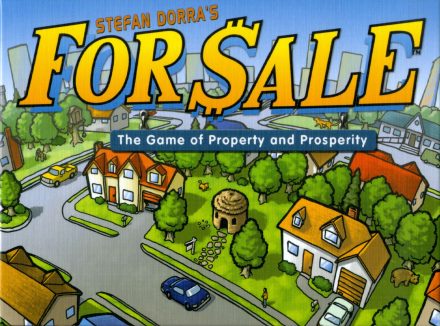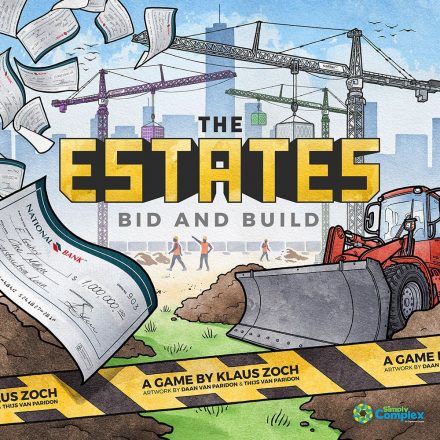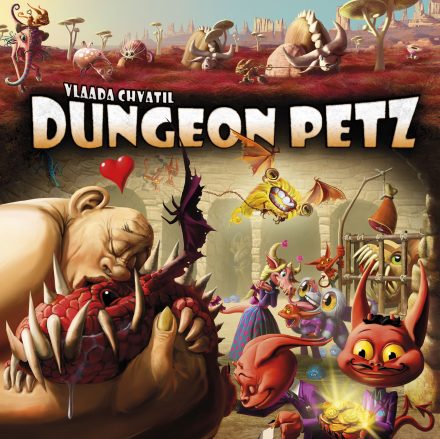For Sale is a quick, fun game nominally about buying and selling real estate. During the game’s two distinct phases, players first bid for several buildings then, after all buildings have been bought, sell the buildings for the greatest profit possible.
Rounding rule
The rounding rule preferred by the designer Stefan Dorra is that players get back half of their bid rounded DOWN (not UP), as confirmed in correspondence with him here and here. A history of how the rounding rule has changed in different editions is documented here.
Game Mechanics:
Game Specifications:
- 3 – 6 Players
- 30 Minutes
- Difficulty Weight 1.25










